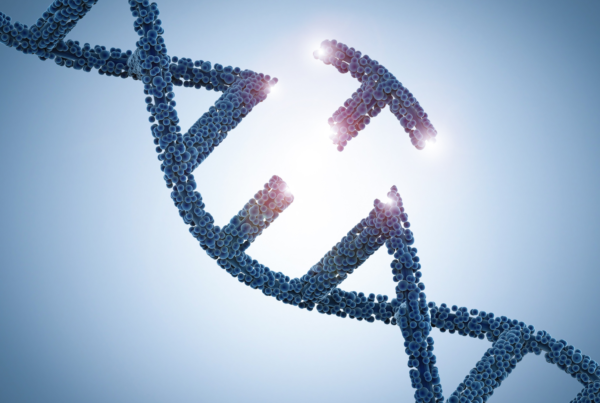Unveiling the Power of Next Generation Sequencing (NGS) in Genetic Characterization of Hybridoma-Produced Antibodies
In the realm of biotechnology, advancements are continually reshaping the boundaries of what is possible. One such groundbreaking innovation that is revolutionizing the study of antibodies produced by hybridomas is Next Generation Sequencing (NGS). This cutting-edge technology is unravelling the genetic intricacies of antibodies, bringing forth a new era of precision and insight that was once beyond imagination.
The Hybridoma Revolution
Hybridomas, the result of fusing antibody-producing B cells with immortalized myeloma cells, have played a pivotal role in biomedicine since their discovery. These hybrid cells have the remarkable ability to produce monoclonal antibodies (mAbs) – a class of molecules with vast potential in diagnostics, therapeutics, and research. However, understanding the genetic composition of these antibodies has been a complex puzzle.

Decoding the Genetic Blueprint
Enter NGS, a game-changing technology that has empowered researchers to decode the genetic blueprints of antibodies with unparalleled accuracy and efficiency. Traditional methods for antibody characterization often involved time-consuming and labour-intensive techniques. NGS, on the other hand, allows for high-throughput sequencing of DNA and RNA, enabling the simultaneous analysis of multiple antibody sequences within a single experiment.
Unprecedented Diversity and Specificity
The diversity of antibodies within a hybridoma population is staggering. NGS reveals the unique genetic sequences underlying this diversity, offering insights into the vast array of potential antibody variations that can arise. Researchers can now identify rare and novel antibody clones that might have been missed using conventional methods, expanding the pool of potential candidates for therapeutic and diagnostic applications.
Tailoring Antibodies for Precision Medicine
NGS-driven genetic characterization provides a comprehensive view of antibody variations, empowering researchers to engineer antibodies with enhanced specificity, efficacy, and safety profiles. This precision enables the creation of tailor-made antibodies for personalized therapies, where treatments can be fine-tuned to a patient’s unique genetic makeup.
Accelerating Drug Discovery and Development
In the world of biopharmaceuticals, time is of the essence. NGS expedites the drug development process by providing a deeper understanding of hybridoma-produced antibodies. By rapidly analysing genetic data, researchers can make informed decisions about which antibody candidates to prioritize for further development, reducing the time and resources required to bring potential therapies to market.

Collaboration and Innovation
The integration of NGS in antibody research has also fostered a sense of collaboration and innovation. Researchers worldwide can now share genetic data, exchange insights, and collectively push the boundaries of antibody science. This collaboration accelerates progress, enabling the scientific community to collectively address pressing challenges in various fields.
Get in touch!
Next-Gen Sequencing has unleashed a new era of discovery in the genetic characterization of antibodies produced by hybridomas. This technology empowers us to unlock the hidden secrets of antibody diversity, tailor antibodies for precision medicine, and fast-track drug development. As we stand at the intersection of NGS and antibody research, we’re witnessing the transformation of theoretical possibilities into tangible advancements that hold the potential to reshape healthcare and biotechnology. With every sequenced DNA fragment, we move closer to unravelling the full potential of hybridoma-produced antibodies and harnessing their power for a healthier future. The journey is exciting, and the destination promises to be extraordinary.
Stay ahead of the curve in antibody research by embracing the limitless possibilities of NGS. Let’s transform the future of biotechnology together! Get in touch via geneticQC@genomescan.nl or the form below.





